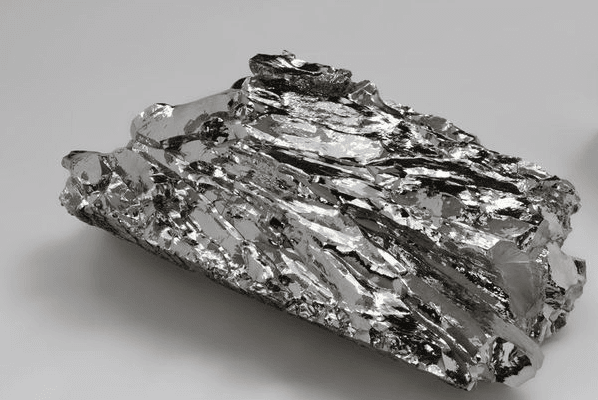Rhodium price roars above $20,000 in precious metals’ biggest rally

Rhodium’s rally to record highs shows no sign of stopping, with prices up 19% this month as auto makers that need the metal to meet tightening emissions regulations run into limited supply.
Used in engine exhausts to neutralize harmful nitrous oxides, rhodium reached $20,190 an ounce on Wednesday, up from $16,990 on Dec. 31 and as low as $615 in 2016.
Prices have risen by 3000% in five years and just 1.5 kilograms of rhodium now costs almost $1 million.
CLICK HERE FOR AN INTERACTIVE CHART OF RHODIUM PRICES.
Auto makers consume around 85% of rhodium. Sales in China, the biggest market, are forecast to grow this year after only a slight dip in 2020, and emissions regulations tighten again in 2023.
“There’s been a load of buying in advance (of that deadline),” said StoneX analyst Rhona O’Connell.
The covid-19 pandemic, meanwhile, tightened the market, with lockdowns and outbreaks disrupting mining and transport in South Africa, the top producer.
This, along with outages at processing facilities run by Anglo American Platinum (Amplats), reduced total rhodium supply by 16% last year, said Wilma Swarts at specialist consultancy Metals Focus.
That compares with a 10% fall in demand, creating a shortfall in the roughly 1 million ounce a year market that will continue in 2021 and is likely to drive prices higher, Swarts said.
Amplats has repaired its operations, but rising coronavirus cases in South Africa threaten further supply disruption, said Heraeus, a major producer and trader.
Rhodium has been in deficit for most of the last decade, driving down inventories and allowing periods of strong buying to tighten the market and drive up prices, said Rohit Savant at consultants CPM Group.
On an annual basis, the market saw a small surplus last year and will again in 2021, he said, predicting that prices would dip when the traditionally strong start-of-year demand period slackens.
“But going forward, you are likely to see a continued narrowing of surplus and potentially deficits again.”
Use of rhodium may eventually decline as combustion engines are replaced by batteries to power vehicles, but analysts expect this process to take many years.
Reuters


